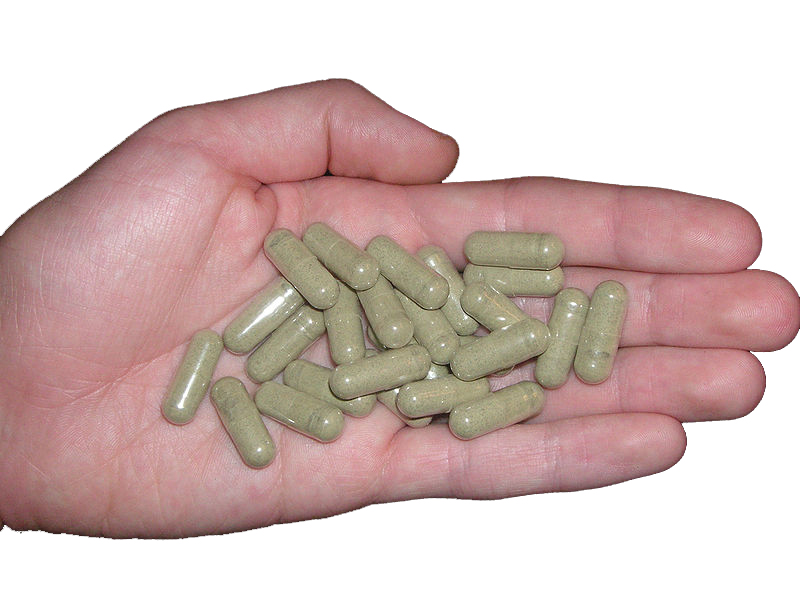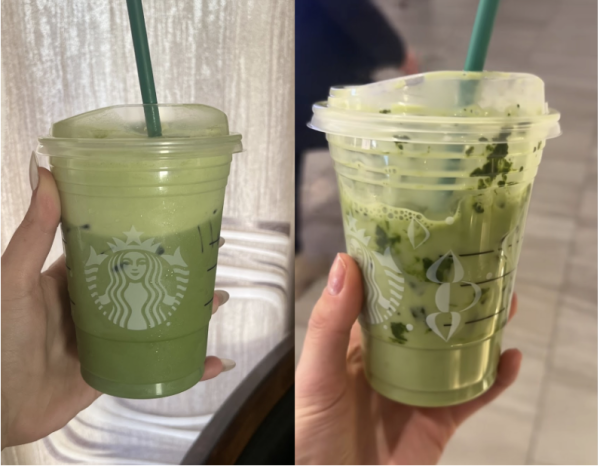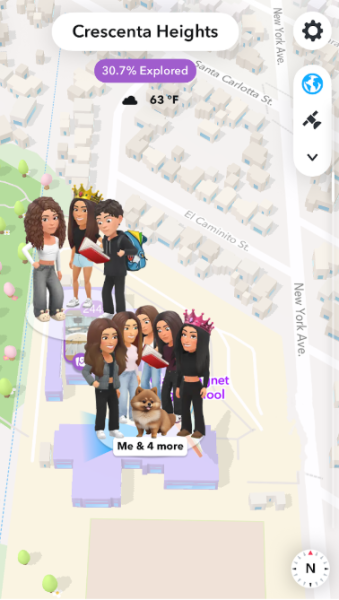The FDA should not ban kratom
A plant that benefits many
Kratom is commonly put into capsules for easy consumption.
The United States government’s war on drugs has found a new target, one relatively unknown by many. Kratom, or Mitragyna speciosa, is a plant whose leaves are made into tea, powders and capsules for its positive effects, both medical and recreational.
Many individuals who are addicted to heroin or morphine rely on it to wean off withdrawal symptoms and get their lives back in shape. Those with chronic pain, as seen in rheumatoid arthritis, see it as something that allows them to get rid of the pain and focus on what is important to them. There is no question about it: a ban on kratom is a ban on getting help.
In Nov. 2017, the Food and Drug Administration issued a public health advisory addressing concerns with the possible risks of kratom consumption. This comes after an attempt by the Drug Enforcement Administration in late Aug. 2016 to label kratom as a Schedule I drug, which is the classification of several substances including heroin.
What the FDA and, in part, the DEA are failing to mention is that all of these cases deal with individuals who had something else other than kratom in their system as well. For instance, many were also consuming SSRIs, or antidepressants, whose combination can have rather harmful effects on the user. One particular case states that the person died of a gunshot wound. Where does kratom come into play there?
In terms of abuse, there is always the possibility for any drug to be addictive or harmful to whoever consumes it. Proper caution and responsibility should be taken to ensure safe consumption and dosage should be spread out whenever possible to avoid high tolerance.
Kratom withdrawals can lead to symptoms such as nausea and dizziness, as well as agitation and irritability. However, these are only present after very frequent use and are not fatal. Moreover, they are easier to deal with for those who wish to quit using substances such as heroin and using kratom in the meantime as they quit.
Aside from its medical uses, kratom can be used recreationally as well. Different strains produce different effects, yet many remain consistent such as lowered anxiety, a subtle lift in mood and pain relief.
Recreational drug use is controversial and many personally oppose it, which is perfectly acceptable. However, it is not the government’s role to make substances illegal to possess and use, especially when they are as beneficial as kratom.
It is time for the federal government to acknowledge that it is better for individuals to be educated on both the positive and negative effects of drugs and allow these people to use as they please than to make them illegal and provide a breeding ground for addiction where it is harder for people to get help and test their substances safely. After all, society can only be improved when support is available and the government is not involving itself in the lives of responsible adults.

Hobbies: Playing the electric guitar, going on Reddit
Favorite shows: The Office
Places you want to travel to: San Francisco, Mexico, Canada, Norway
Items...











